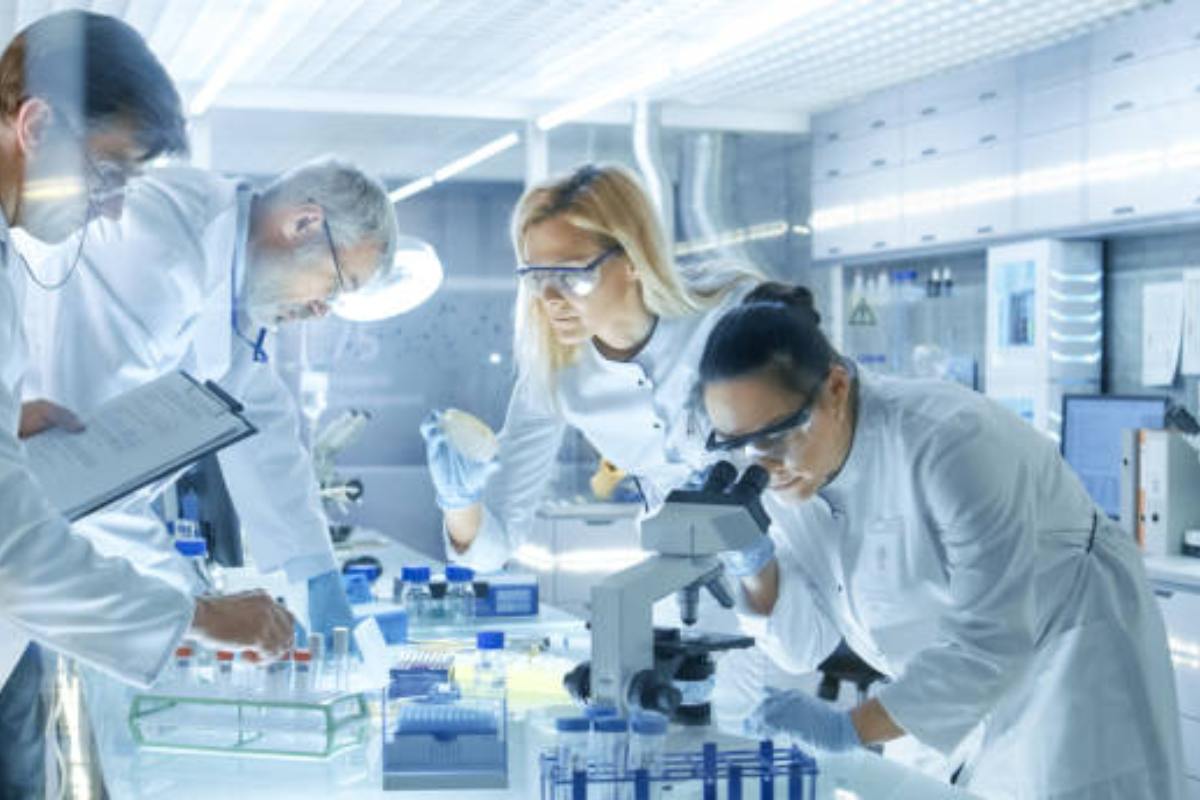The ever-evolving drug development process is complex, and it requires five to ten years and a billion euros to develop one drug. Moreover, drug approval and payor influence pressure add to this huge budget. Financial pressure is not the only factor that makes drug development a difficult task. Scientists have to ensure that the drug they introduce meets the patient’s needs and the coming competition. Scientists need to carefully optimize their processes and innovations to navigate the complex landscape and meet patients’ demands. Let’s dive into some of the most critical challenges in drug development today!
Table of Contents
1. People Management Expertise:
Managing skills are critical for every project, including drug development. A lack of proper management can cause delays, causing financial losses. While undertaking a task as huge as introducing a new drug to the market, it is not enough for the scientists to have the subject matter expertise; they are also required to have exceptional managing skills. According to Jared Auclair, Director of BALT, a scientist of present age must have the following business skills:
- Communication
- Teamwork
- Business Acumen
- Adaptability
- Self Motivation
- Managing skills
- Problem-solving through critical thinking
2. Need for New System:
The burden on pharmaceutical companies has tremendously increased in the past decades, and the old business system is not sustainable anymore. To cope with increasing responsibilities and complexities, collaboration is an important step. Although new partnerships have emerged between academia and pharmaceutical companies, it’s still not enough. A trend of outsourcing particular parts of the drug development process has also been set. For example, CRO for large molecule bioanalysis has taken some burden. In the coming years, this division of labor will only increase, which will help achieve the targets with less complexity.
3. Unknown Mechanisms:
After centuries of research, some aspects of the human body are still a mystery—for example, the Human nervous system. Drug development is easier if the mechanisms of a system are well known and studied in detail. Due to a lack of understanding of some systems, targeted therapy becomes impossible for the diseases related to the particular systems. Identifying biomarkers is another important factor in drug development by providing information about whether early intervention is therapeutic and helps refine the targets. Extensive research and budget are required to perform clinical trials to identify the biomarkers for various diseases. Alzheimer’s disease is the best example of how understanding the mechanism and biomarkers help in drug development.
4. Cost Pressures:
Cost efficiency is the major pressure point across the pharmaceutical industry today. Every drug takes almost a decade to be developed, but only 12 per cent of these drugs are approved for clinical trials, and still fewer enter the markets. Hence, drug discovery is an unnecessarily complex and costly process that sometimes bears no fruits. After clinical trials, drugs wait for FDA approval and introduction in markets. Hence, the financial payback is also delayed.
5. Supply Shortages:
In new drug development, active pharmaceutical ingredients (API) shortages and supply chain blockages pose an additional challenge. The examinations from WHO revealed that in 2020, there was a major disruption in medication for non-communicable diseases. The medicines for diabetes, chronic hypertension, respiratory diseases, and mental health problems were most impacted.



